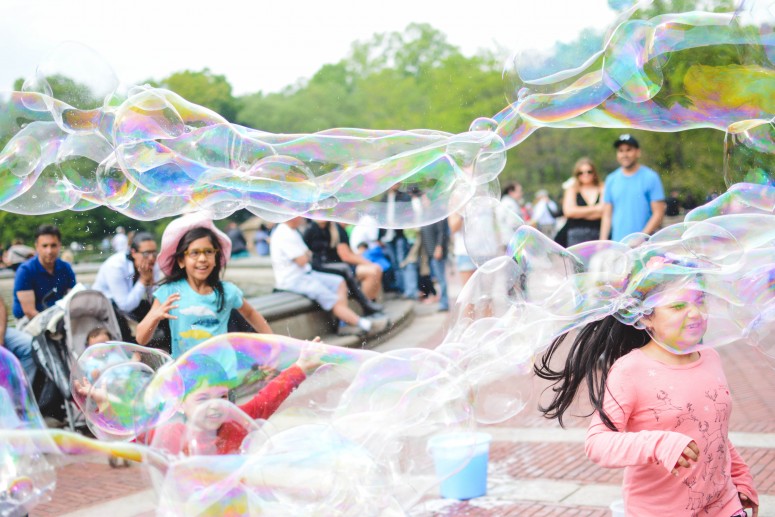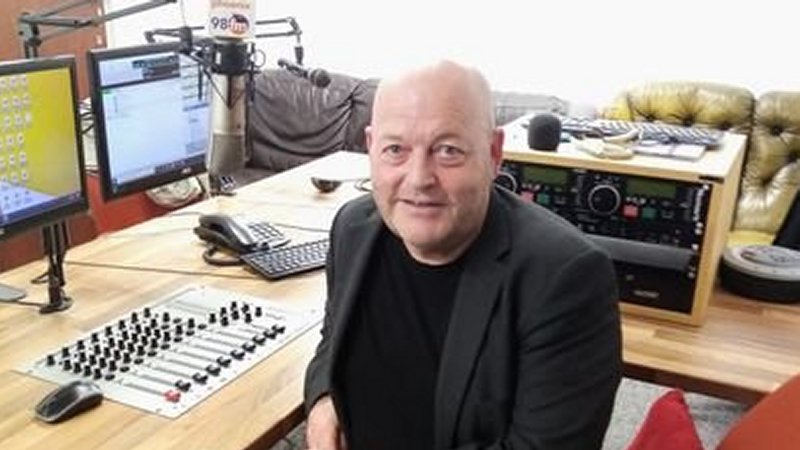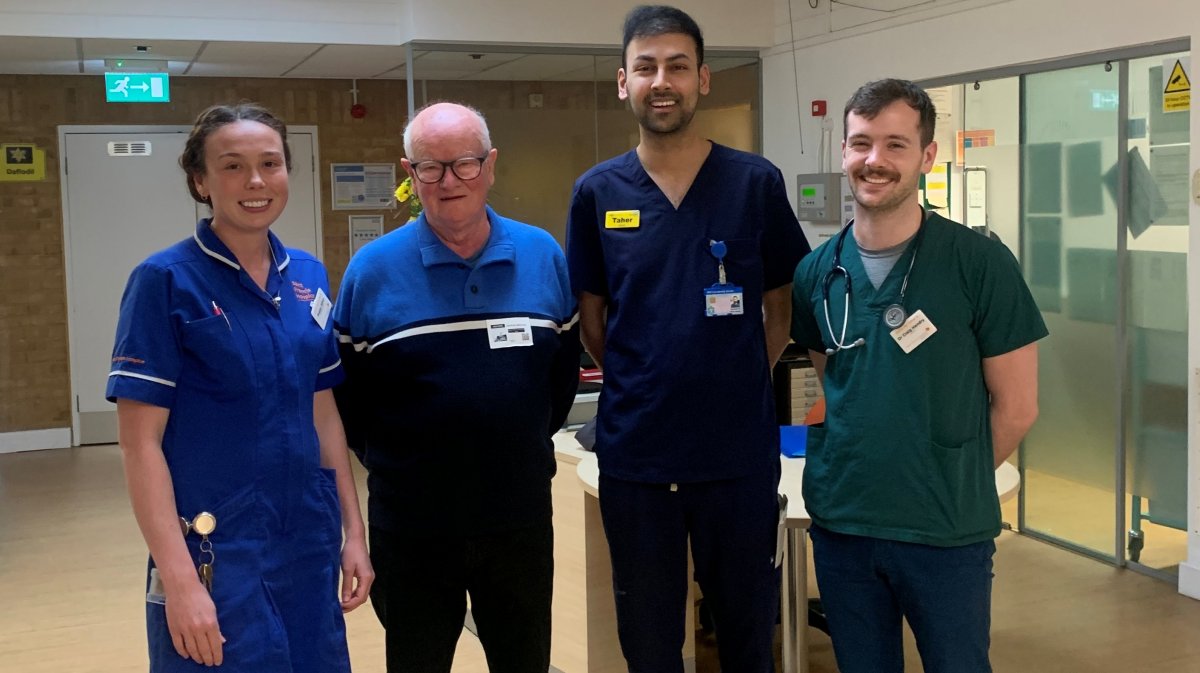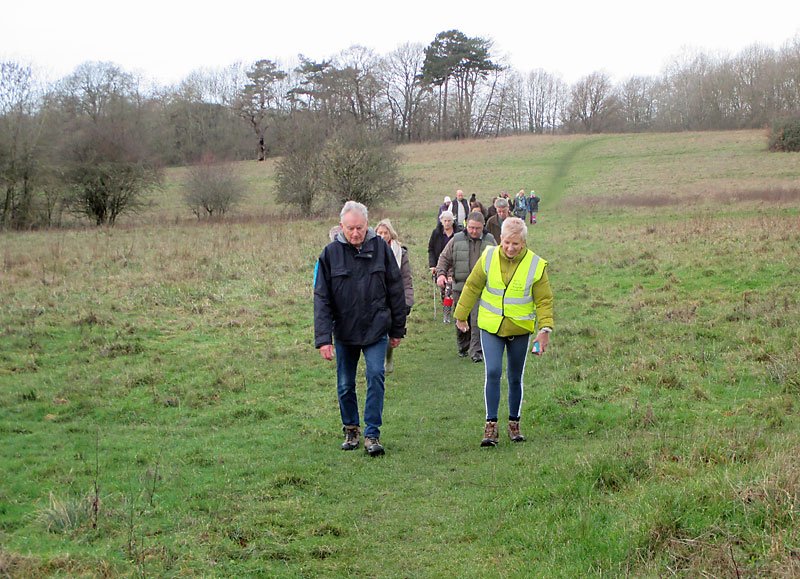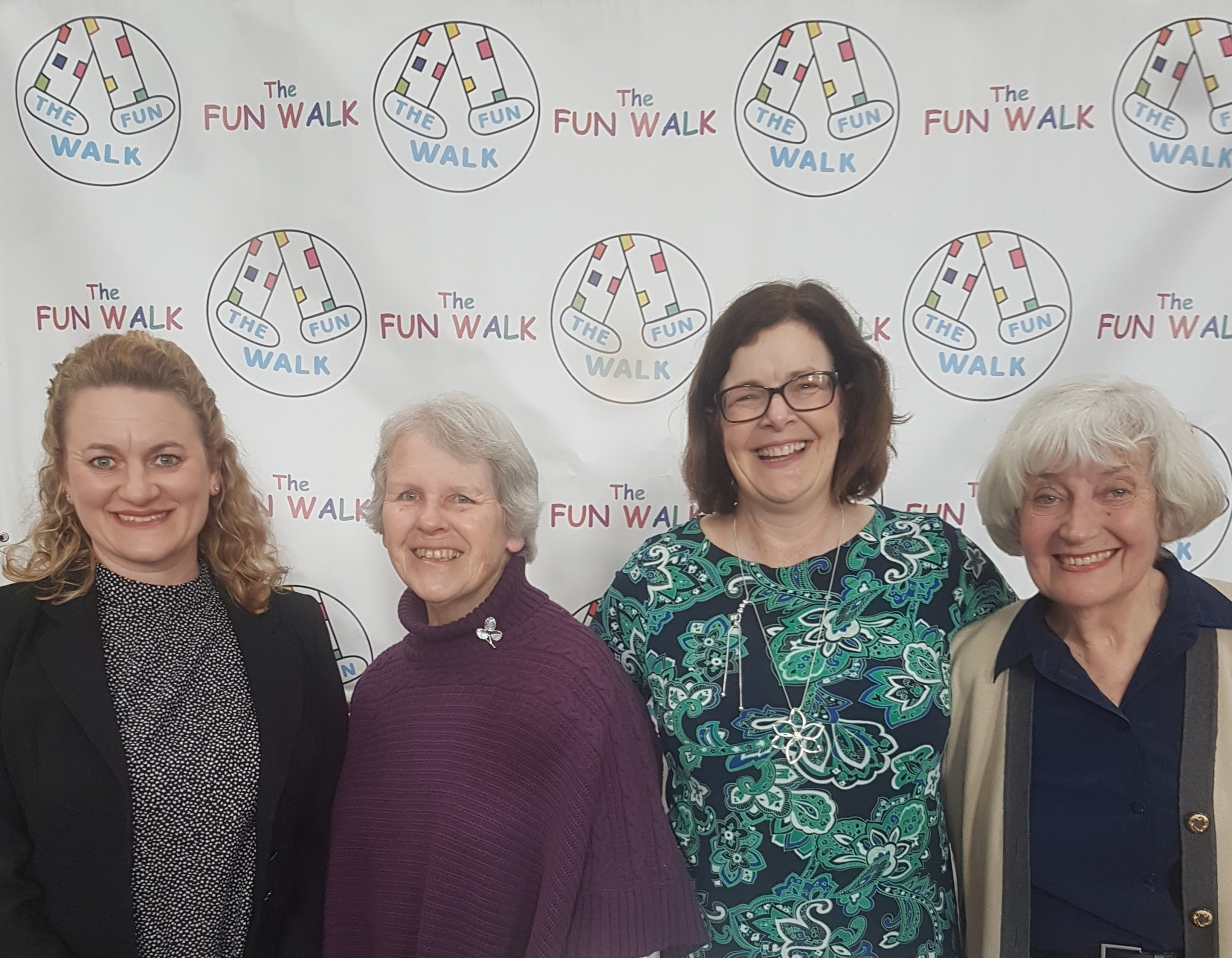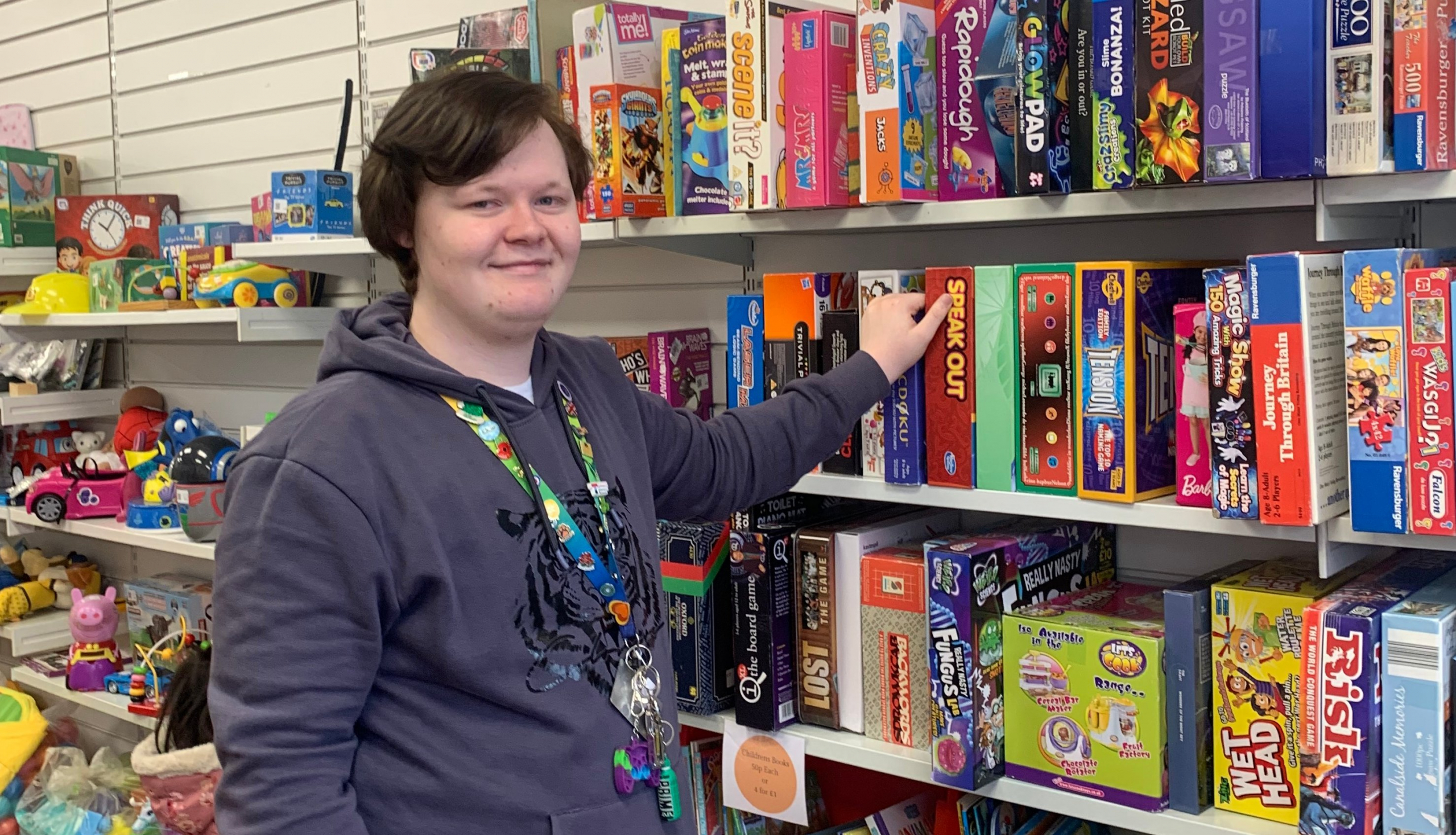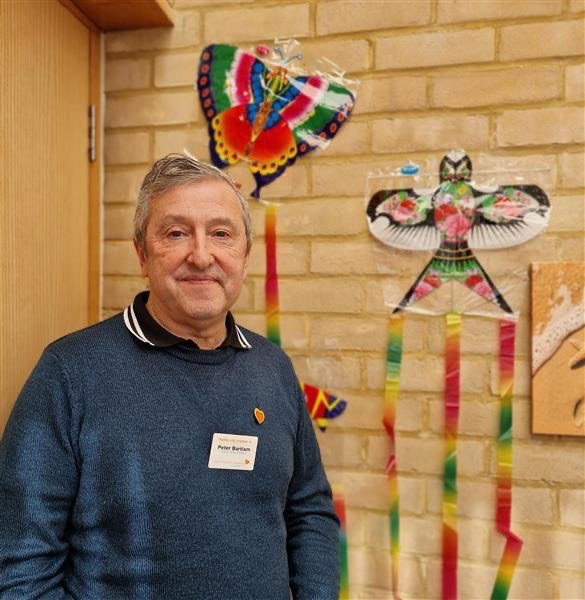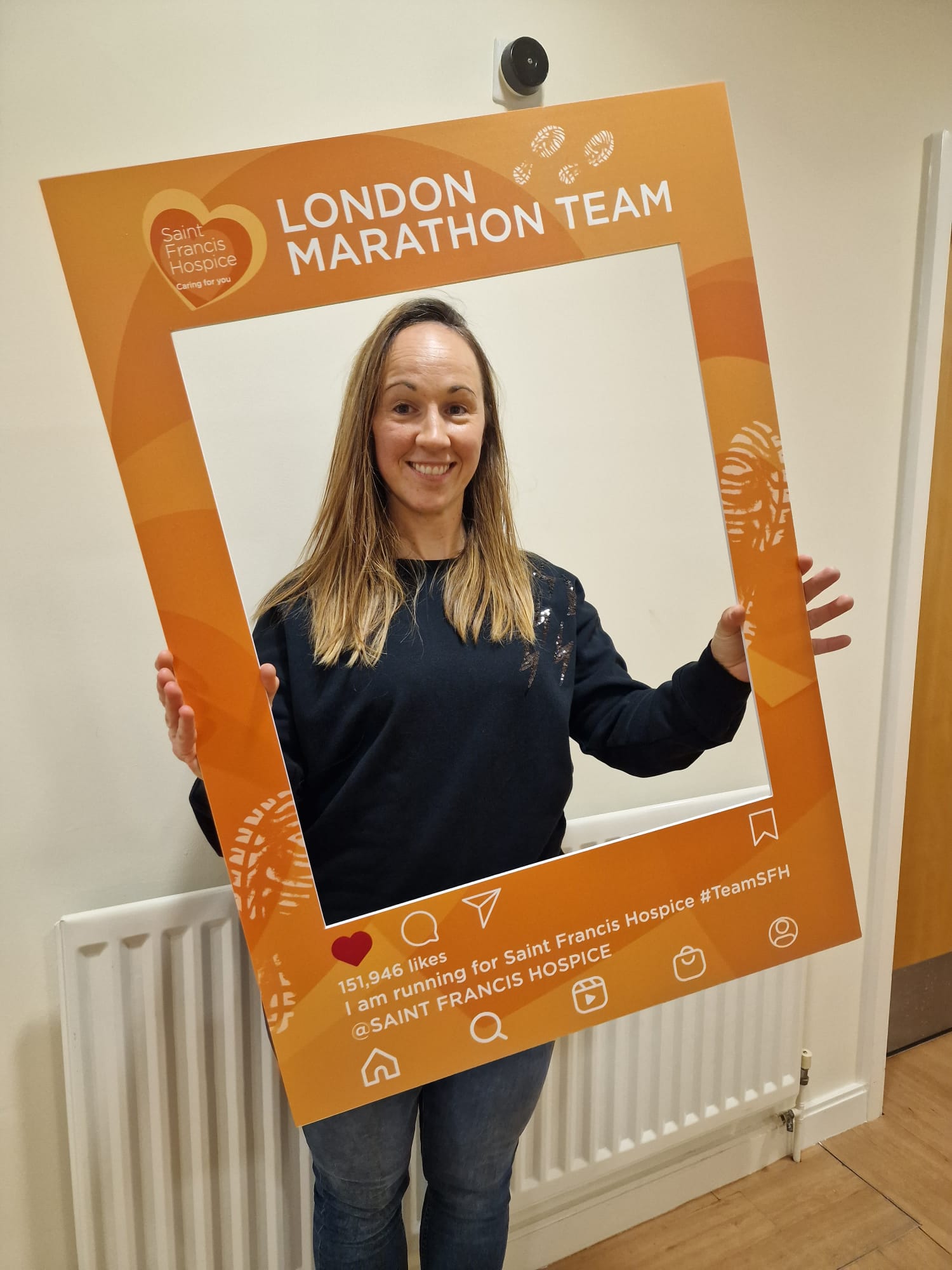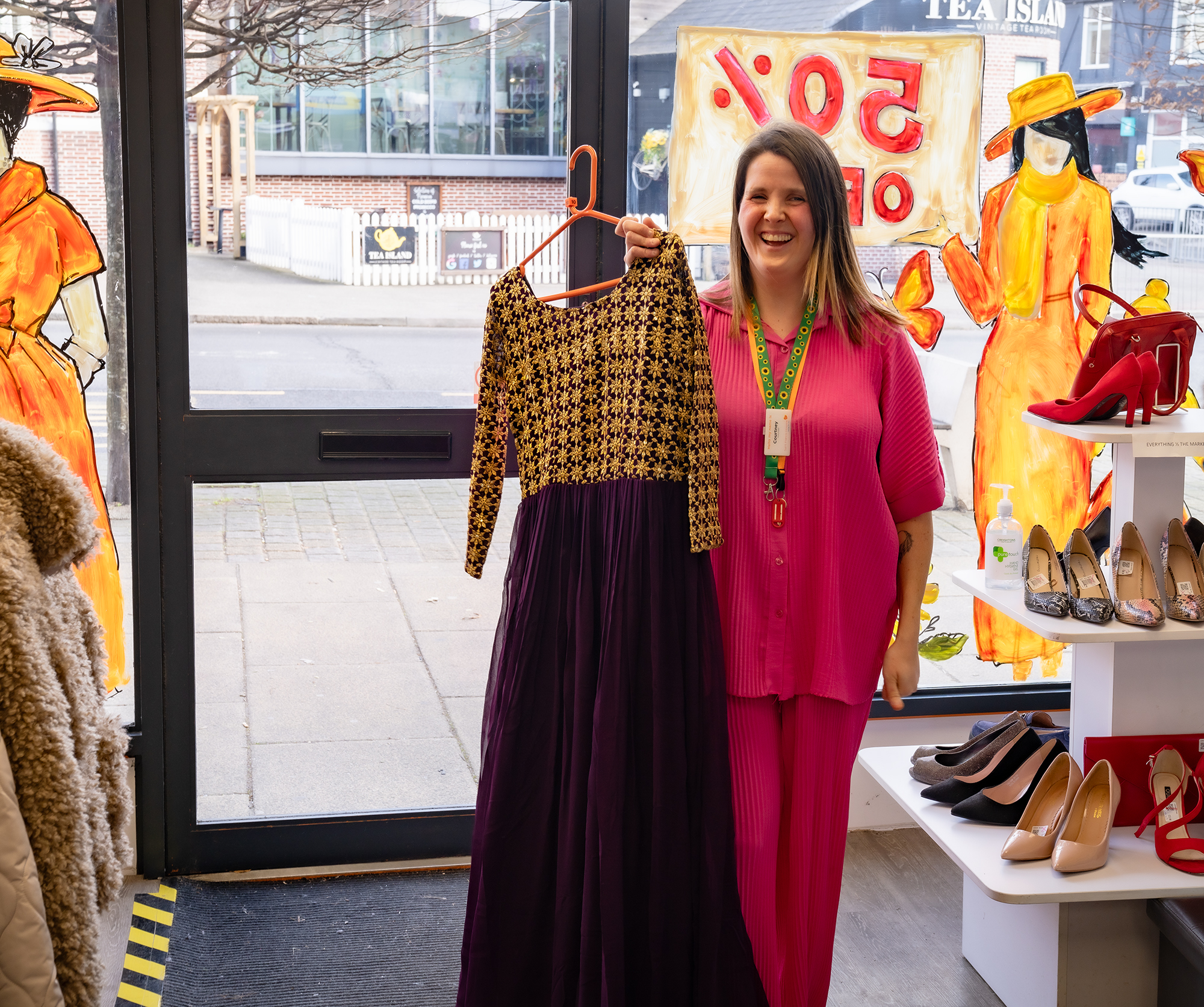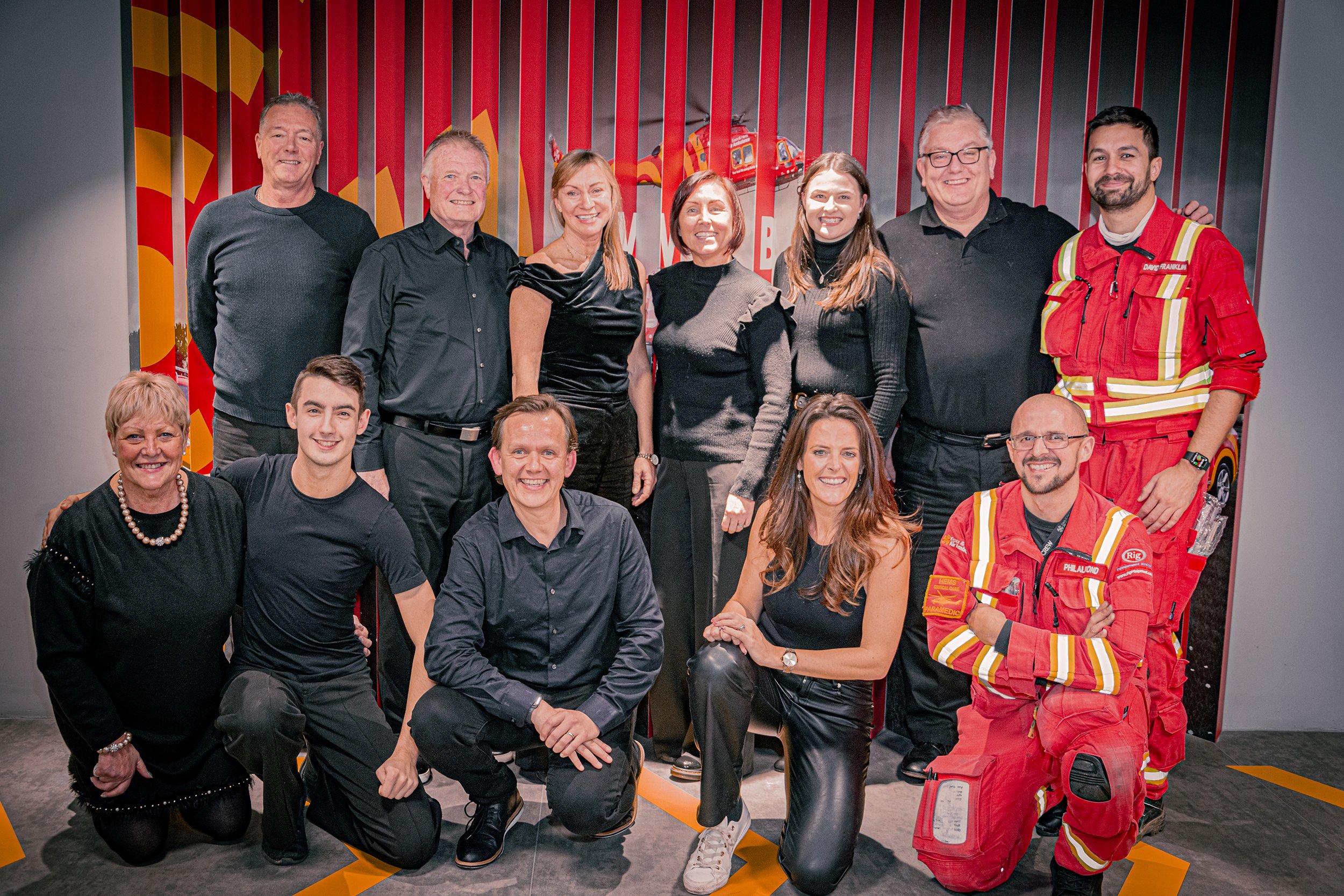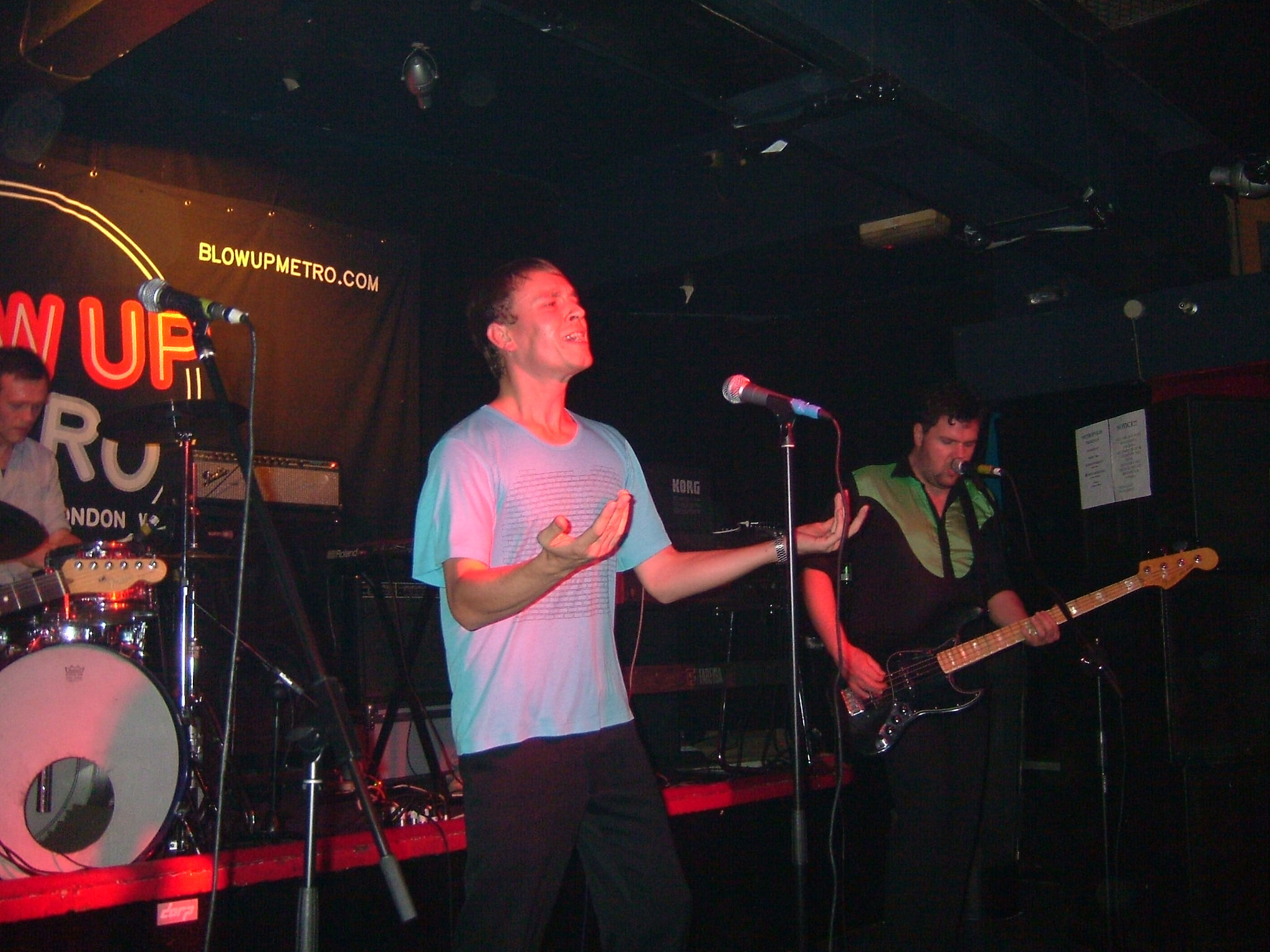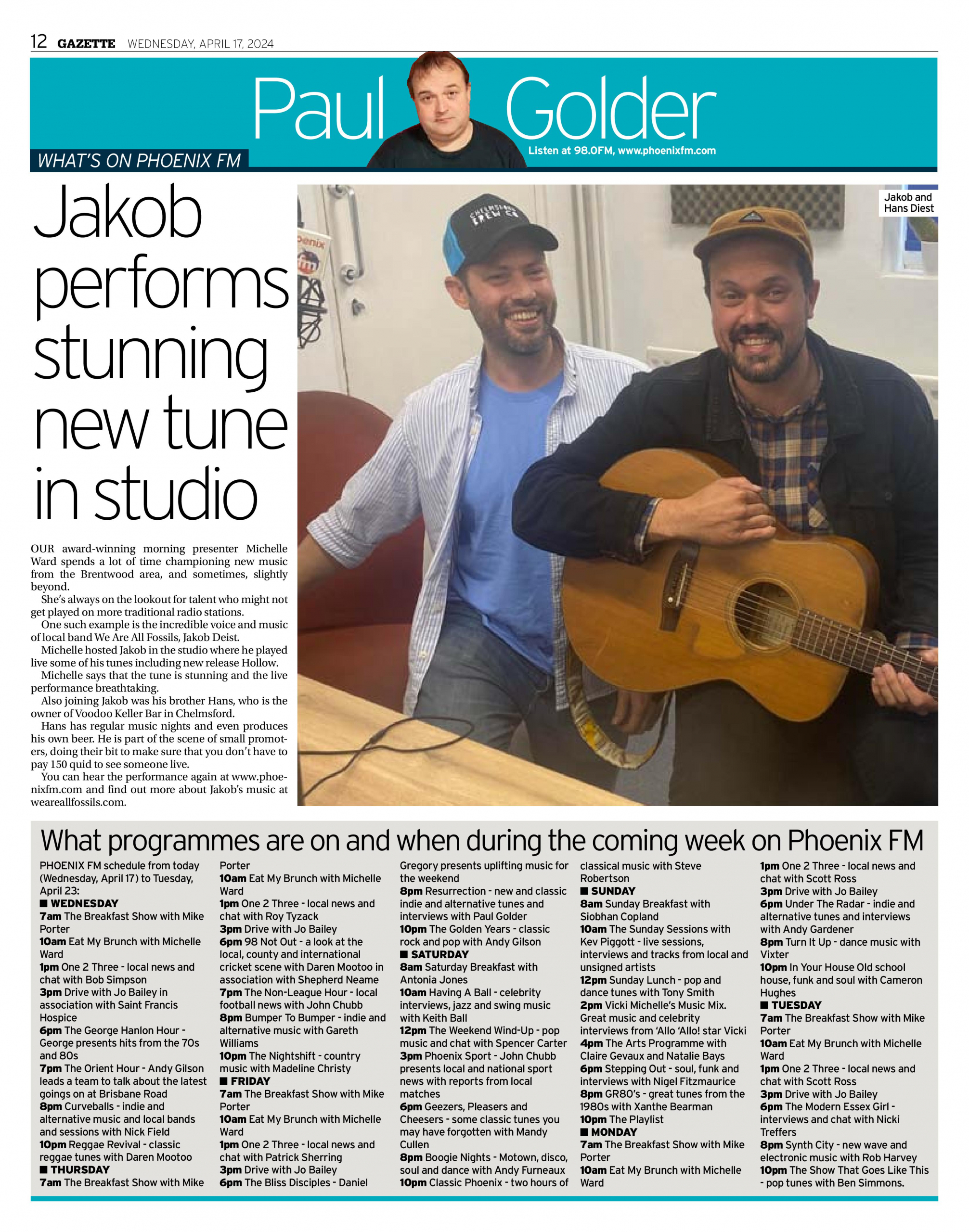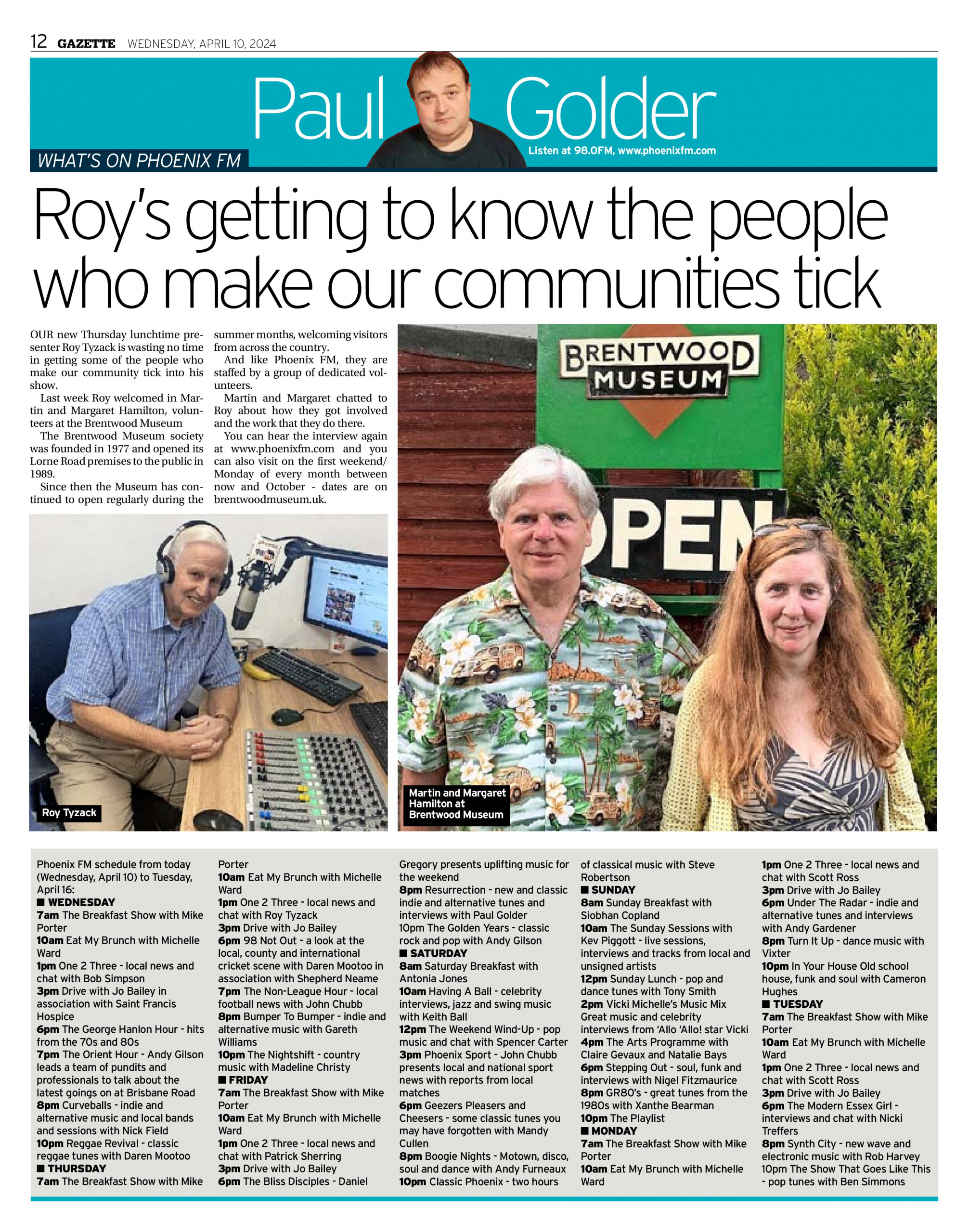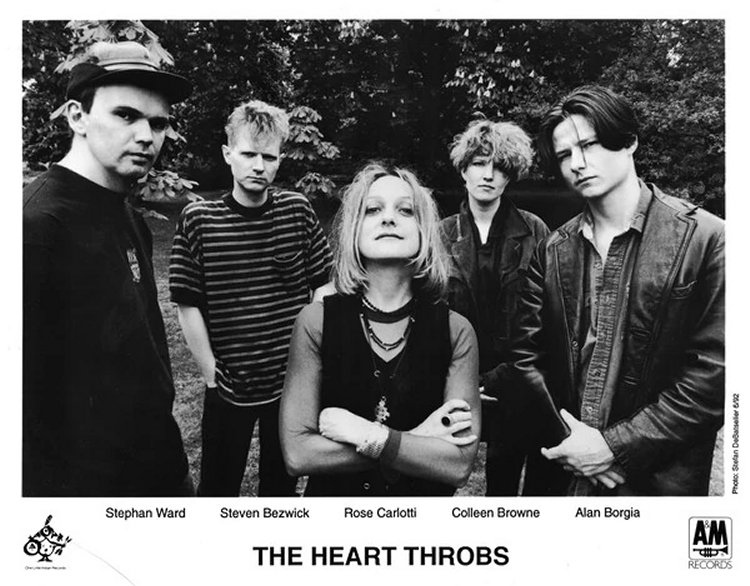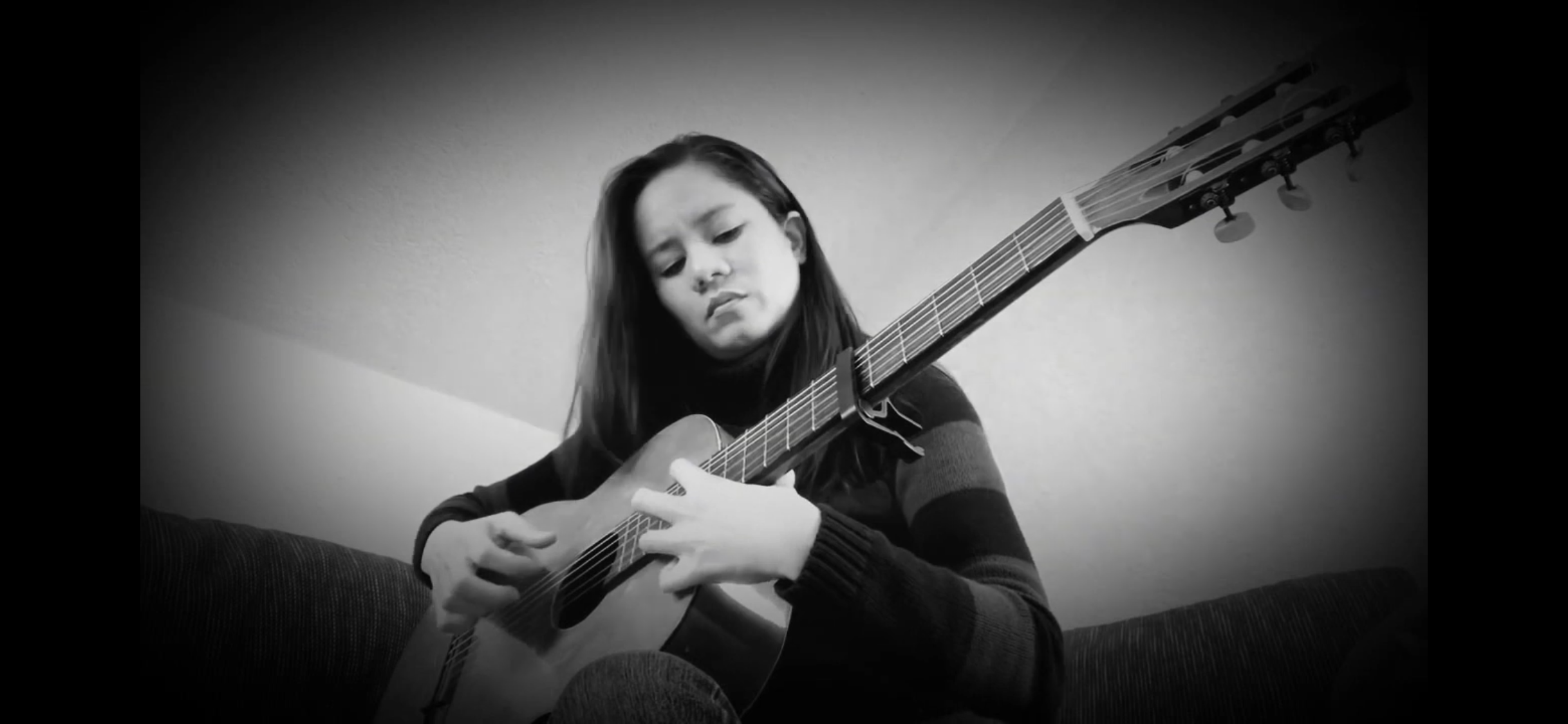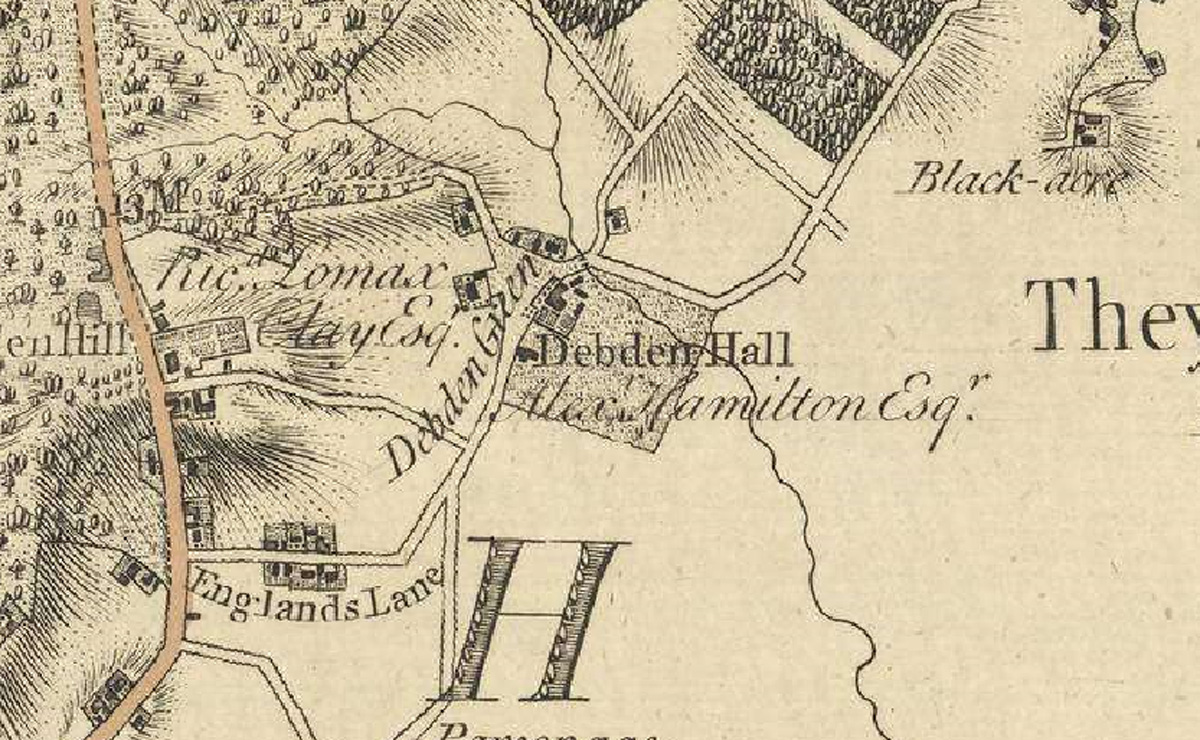School’s out for summer and so you will be planning lots to do for the little ones! With many children enjoying the weather outdoors or joining summer sport clubs, there are bound to be falls and slips resulting in sprains and strains.
NHS Basildon and Brentwood Clinical Commissioning Group (CCG) is advising parents on how to make sure their child is properly prepared.
Being active and playing sport is good for your child’s health. It builds confidence, social skills and improves concentration and learning. It also maintains a healthy weight and helps aid sleep. Therefore, to help your child get the most out of an active summer break follow these simple tips.
Dr Sooraj Natarajan, who is the CCG’s clinical lead for paediatrics, said: “It’s important to make sure your child has the right footwear. This should support and protect their feet and ankles, especially if they are running on uneven ground.
“Children’s feet grow at different rates. Check your child’s shoes still fit properly and are in good condition. If in doubt, speak to a shoe shop professional. They will be able to measure your child’s feet and advise you on the best type of footwear for your child.
“If your child shows signs of an ankle sprain or strain they are likely to experience pain, swelling, bruising and tenderness around the joint or in the muscle. They may also find it difficult to move their ankle.
“Most sprains and strains are relatively minor and can be treated at home with self-care techniques, such as PRICE therapy or paracetamol. Your local pharmacy can advise on a range of over the counter medicines suitable for your child.”
PRICE Therapy stands for protection, rest, ice, compression and elevation and can be used to help alleviate symptoms.
Try to find quiet pastimes so your child reduces the use of their injured ankle for at least 48 hours. Use an ice pack on the injured area for 20 minutes at a time, four to eight times per day. A cold pack, ice bag or a plastic bag filled with crushed ice that has been wrapped in a towel works well.
In the rare instance you need to see a GP they may advise on elastic wraps, air casts, special boots, or splints that can compress an injured ankle to reduce swelling. If you can manage to keep their leg elevated above heart level, it will help decrease swelling.
If you feel your child’s symptoms are worse and haven’t improved after a few days of self-care, call NHS111 – available 24 hours a day, seven days a week. They can offer advice about what to do or where to go. All you need to do is dial 111 to talk to the NHS.
Remember soft tissue injuries can take up to four weeks to heal so you may need to be creative with activities that will keep them still.
For more information about treating sprains and strains, visit www.nhs.uk
Our other summertime safety tips are:
- Children should always wear shoes to avoid splinters and cuts from broken glass
- Make sure children wear proper safety gear – helmet and wrist, elbow and knee pads – when cycling, skateboarding, scootering etc.
- Follow the advice on garden trampolines and bouncy castles at www.rospa.com
- Children need constant supervision around water – whether the water is a paddling pool, swimming pool, fishpond, the beach, a river or lake
- Children should be protected with sunscreen of at least SPF 50 with UVA protection, wear sun protection clothing and hats that protect the head, face and neck.
- Make sure children are drinking plenty of water

